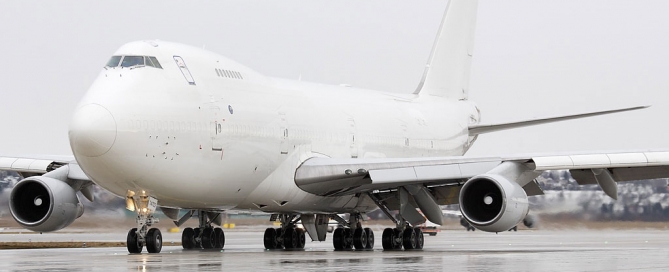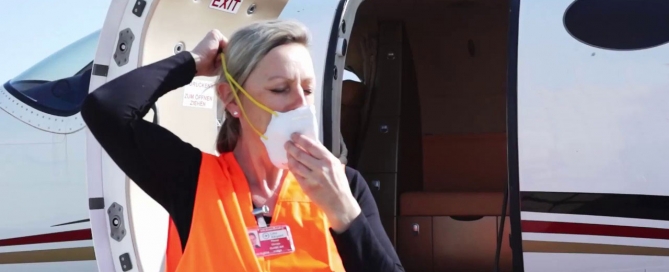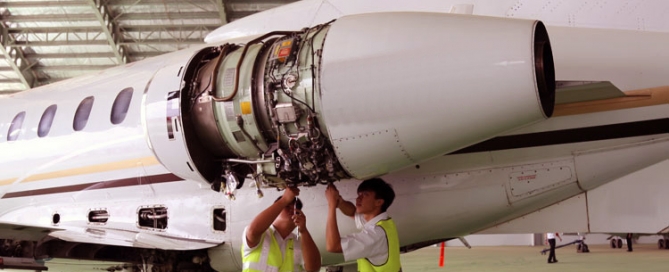Why cargo charter is the solution to the scheduled capacity problem
With continued disruption to scheduled services severely impacting the capacity for cargo, a cargo charter could be the ideal solution. Everyone knows that scheduled airlines have suffered hugely during the Covid-19 pandemic, with flights still down around 40% in the first week of January 2021 compared to January 2020. But what you might not realise is the knock-on effect this has had on cargo transportation. Scheduled services typically have dedicated belly space for cargo, with sections of the hold that aren’t required for customer luggage filled with goods bound for the final destination. But with is it actually ‘most’? scheduled flights still grounded thanks to coronavirus-related travel restrictions and most of the limited remaining capacity earmarked for urgent medical supplies, standard cargo has been in danger of being left high and dry. And with passenger services not expected to return to pre-Covid levels for the foreseeable future, plus continued post-Brexit uncertainty and ocean freight supply chain issues making it difficult to ship cargo by road and sea, freight forwarders have had to think outside the box in order to keep shipments moving. This has led to the emergence of private cargo charter as a reliable and flexible alternative to belly freight, with the trend set to continue throughout 2021 and beyond as scheduled services recover. When the sharp rise in demand for cargo charters initially outstripped freighter availability, many carriers began transporting lightweight cargo in the empty cabins of passenger aircraft, removing seats and securing boxes to seat tracks on the floor with cargo nets. AirCharter.com LLC arranged our first such charter in April 2020, moving PPE from Vietnam to Colombia in the hold of a Boeing 747-400F. For larger shipments such as automotive equipment









